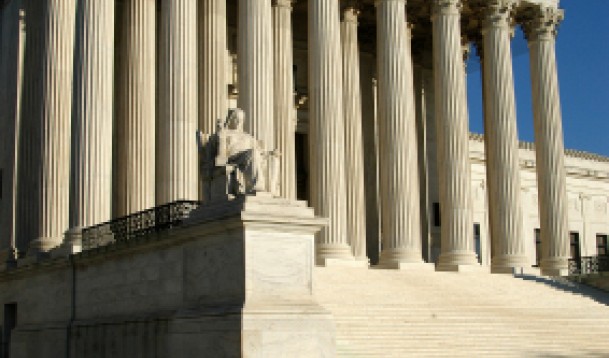
Sixth Circuit Upholds Financial Planner’s Sarbanes-Oxley Win
Section 1514A of the Sarbanes-Oxley Act shields a whistleblower from retaliation if he reports “conduct [that he] reasonably believes” violates certain laws, including Securities and Exchange Commission regulations. Last month, the Sixth Circuit held that the question of a whistleblower’s “reasonable belief” is a “simple factual question requiring no subset of findings that the employee had a justifiable belief as to each of the legally-defined elements of the suspected fraud.” Rhinehimer v. U.S. Bancorp Investments, Inc., No. 13-6641 (6th Cir. May 28, 2015). Based on this principle, the court affirmed a $250,000 verdict in favor of the plaintiff, Michael Rhinehimer.
According to the Court’s opinion, Rhinehimer was a financial planner for U.S. Bancorp who helped his elderly customer, Norbert Purcell, set up a trust and a brokerage account. In November 2009, Rhinehimer went on disability leave, and asked a colleague not to conduct any transactions with Purcell. The colleague didn’t follow the instructions, and instead put Purcell into investments that Rhinehimer believed were unsuitable. (Unsuitability fraud under the securities laws occurs when a broker knows or reasonably believes certain securities to be unsuitable to a client’s needs, but recommends them anyway.) Rhinehimer complained about the trades, but his superiors warned him that he should “stay out of the matter” and stop criticizing the colleague. After Rhinehimer hired a lawyer, he was placed on a performance improvement plan and fired after he failed to meet it.









